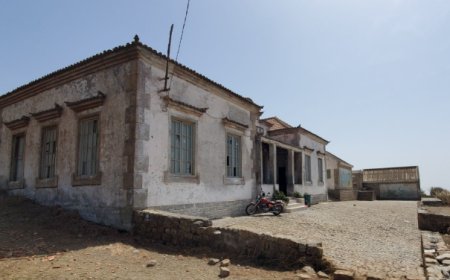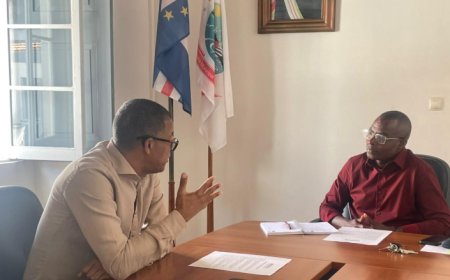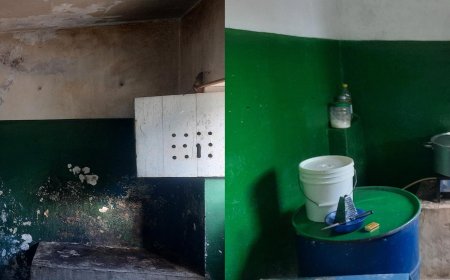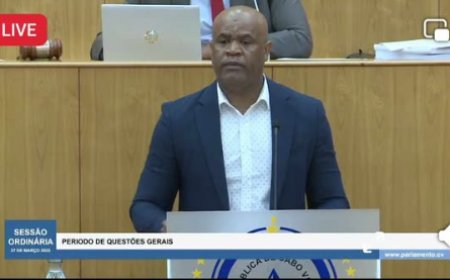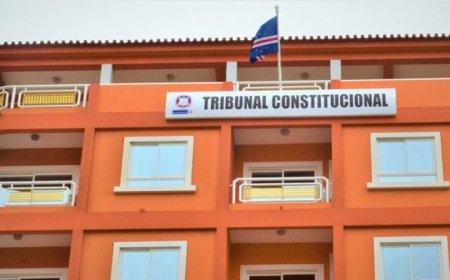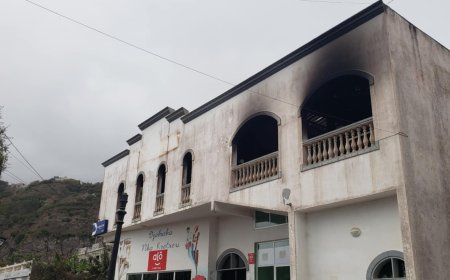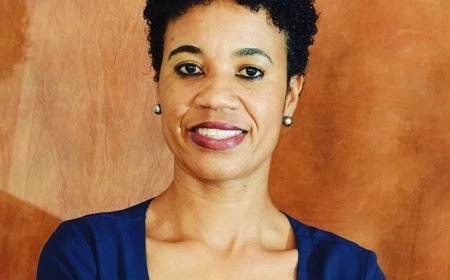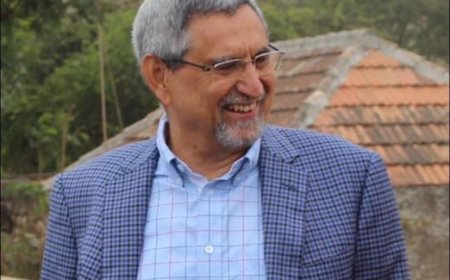The Responsibility of Municipal Councils in Fighting Fires: A Brief Look at the Situation in Brava
The issue of fires is one of the most critical challenges facing communities, especially in vulnerable areas such as Brava. The increase in the number of fires on the island has generated deep concerns among residents and local authorities. In this context, it is essential to clarify a crucial aspect of emergency management: the responsibility for fighting fires lies directly with the local councils, as stipulated by current legislation.
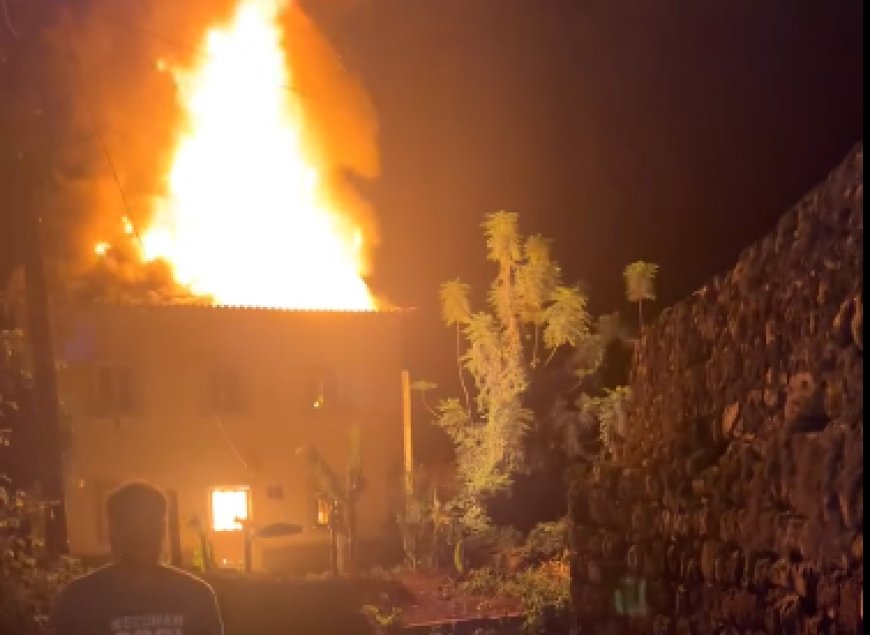
According to current legislation, municipal councils are the entities responsible for fighting fires. This role is clear and specific, reflecting the intention to decentralize management and ensure that local needs are met effectively. The law establishes that it is the responsibility of municipal councils to organize and coordinate firefighting operations, including the mobilization of resources and the implementation of prevention and response strategies.
On Brava, the alarming increase in the number of fires has led to a crisis situation. The island has been facing a series of fire events that not only put lives and property at risk, but also profoundly affect the local ecosystem. The intensity and frequency of these fires have been a cause for concern, highlighting the need for a more effective and coordinated response.
It is imperative that local councils, particularly Brava City Council, take their legal and operational responsibility in combating fires seriously. This involves not only responding immediately to incidents, but also implementing preventive and long-term measures. Recommended actions include:
-
Having a fire department in place: Increasing the capacity of firefighting teams, ensuring that they are well trained and equipped to deal with emergency situations.
-
Infrastructure Investment: Improving existing infrastructure, such as building water points and installing monitoring and early warning systems.
-
Education and Awareness: Promote awareness campaigns for the population on fire prevention practices and the importance of collaborating with local authorities.
-
Inter-institutional Collaboration: Work in partnership with other government entities and non-governmental organizations to optimize fire-fighting resources and strategies.
Fighting fires is an undeniable responsibility of local councils, as established by law. In Brava, the growing concern about fires requires an immediate and effective response from local authorities. It is crucial that Brava City Council fully assumes its role and takes the necessary measures to protect the community and the environment. Only through a proactive and well-coordinated approach will it be possible to effectively address this challenge and ensure the safety and well-being of citizens.
Awareness and effective action are essential to mitigate the impacts of fires and ensure a safer and more sustainable future for all.
MS















